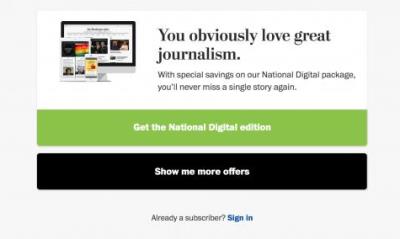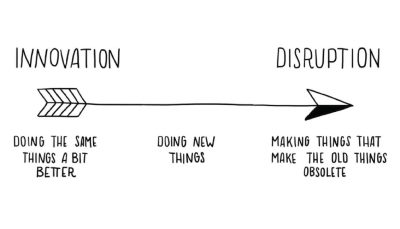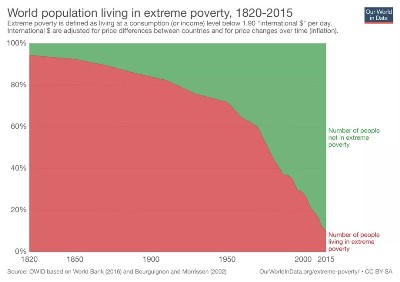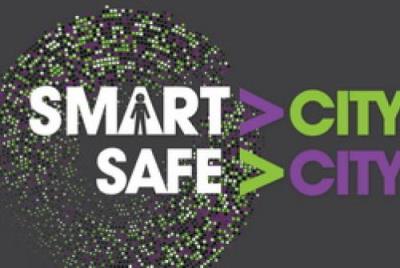In previous centuries and roughly until the mid XXth century, the few rich were idle, bored, and enjoying sports and other ways to spend time; and the poor worked extra long hours in dire conditions just to survive. It is amazing how this has changed – nowadays it is almost the reverse: the upper middle class and rich people generally work intensely, while the working class has on average more leisure, or at least more time away from formal work.

Although this might be changing with the gig economy regarding the working class, with working hours going up again for some categories, the amazing observation is more for the wealthy part of the population, which is generally working very intensely nowadays – with the potential exception of some super-rich billionaires.
Wealthy and upper-middle-class persons are nowadays most often very highly paid and very highly busy professionals, with little time availability for leisure – even more so when family requirements take up the precious remaining time. Of course this has significantly changed from previous times where wealth was often primarily derived from mariage and inheritance.
This trend for the wealthy to work even more is now being called by some “workism” as a psychological or even almost religious need to work a substantial part of the time, as part of personal values or education.
This trend seems to reinforce itself with the Fourth Revolution, which is in strong need of highly educated engineers, and which is at the same time automatizing manual labor tasks. The wealthy educated will work more, be more constantly on line, while the less educated will have more time for themselves.
Amazing how in less then a century, the balance of work has shifted!











